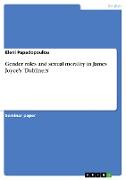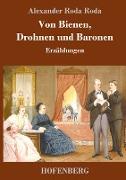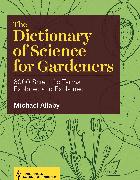Gender roles and sexual morality in James Joyce's 'Dubliners'
BücherAngebote / Angebote:
Seminar paper from the year 2005 in the subject English Language and Literature Studies - Literature, grade: 2-, , 10 entries in the bibliography, language: English, abstract: First of all, and before we proceed with the actual description and basic layout of the term paper, it would be quite interesting to cite an extract from a letter that James Joyce himself wrote to his lover and partner Nora Barnacle. "How could I like the idea of home? ... My mother was slowly killed, I think, by my father's ill-treatment, by years of trouble, and by my cynical frankness of conduct. When I looked on her face as she lay in the coffin - a face grey and wasted with cancer- I understood that I was looking on the face of a victim and I cursed the system which had made her a victim." (Letters, II, 48) 1 This quotation roused my interest and became my first motivation concerning the study of gender roles and sexual morality in ' Dubliners', as it summarizes the cruel reality of the position of women at that period of time. In addition to that, it provides us with a general impression of what the situation in Dublin might have been, focusing on the rather inharmonic relations between the two sexes.This small study and description of the gender roles in 'Dubliners' is organized in two main parts. As Joyce's intention was "to write a chapter of the moral history of my [his] country" (D, xxxi), it is essential that the first part provides us with the general historical background of that age. The historical part may conveniently be divided into two sections. The first concerns the roles of both sexes in the Victorian era, whereas the second section brings us closer to the reality of men and women in Ireland, and to be more specific in Dublin. This second section is of great importance, because as already implied by the last quotation, this collection of fifteen short- stories, published in 1914, are expected to mirror the reality of the society of Dublin of that time, and to be more specific, this is done in a very representative way, as the stories involve nearly all stages and aspects of life.After having a general impression of the roles of men and women living in the Irish capital, we will go on to check whether this is in fact true and representative of the people described in the stories of ' Dubliners'. This will consist the main topic of the second part of the term paper, which is in turn divided into three sections...
Folgt in ca. 10 Arbeitstagen




